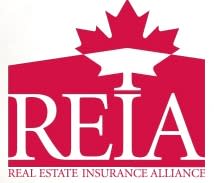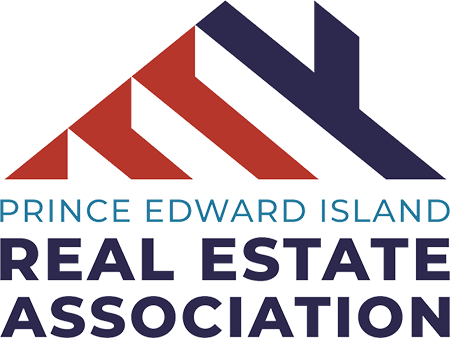
Virtual Tours REIA
How can REALTORS® best protect themselves and their clients when conducting virtual visits?

In the Eye of the Beholder
Avoiding the Pitfalls of Virtual Home Visits and Inspections
In the early months of 2020, COVID-19 came along and set the real estate market on fire. Working from home became the new norm and travel restrictions ensued. The real estate market soared, and sellers reaped great economic benefits from purchasers wishing to relocate to smaller centres. There was a sudden influx of domestic migrants who looked for new homes but could not visit these homes in-person. Prospective home buyers were often forced to “buy blind”, without ever actually setting foot on the property. This paved the way to virtual inspections.
The restrictions associated with the pandemic have been lifted but virtual inspections have remained commonplace, which leaves us with this question: how can REALTORS® best protect themselves and their clients when conducting virtual visits?
The REALTOR®’s Role During the Virtual Inspection:
Naturally, virtual visits are not as revealing as those conducted in person. The purchaser can only see what the camera sees. For example, a purchaser cannot smell mould, recognize uneven floors, or hear the train passing next to the back yard. Ideally, virtual visits and virtual inspections should be avoided altogether.
Nonetheless, there are some preventive measures that a REALTOR® can follow when representing a purchaser-client. The most important action is to document all the recommendations made to the purchaser. It can be very hard to prove what recommendations were made if they are not in writing. If a purchaser chose to stay away from the obligation to conduct due diligence which is recognized by law and failed to pay heed to the recommendations of their REALTOR®, it will be difficult to find the REALTOR® at fault.
REALTORS® should definitely not assume any due diligence obligations that are the responsibility of the purchaser. It would be prudent for REALTORS® to have a written acknowledgment from the purchaser which includes recognizing that virtual inspections are not as thorough and reliable as in-person visits, that all obligations on the purchaser to conduct due diligence remain, and that excludes any liability on the REALTOR® for issues that could have been noticed during an in-person inspection.
While not an exhaustive list, REALTORS® should also recommend the following to purchasers:
1. Hiring a certified home inspector who is familiar with the area to conduct an in-person inspection.
2. Having family, friends or acquaintances (preferably with home building or home purchase experience) visit the property on their behalf.
3. Seeking confirmation from the seller that virtual visits do not allow for confirmation of certain items and concerns, such as:
a. Any unpleasant or unusual smells in the house or surrounding areas.
b. Any unusual noises that arise during regular enjoyment of the premises, such as but not limited to nearby train tracks, highways, airports; etc.
c. Humidity and condensation in the house, especially in the basement
4. Be careful with subjective statements about the property. For instance, instead of saying that a room in the house is “large” or that the ceilings are “high”, use actual dimensions and let the buyer form their own opinion. Camera footage can be deceiving, but measurements often help with understanding.
5. Document all virtual showings. If a showing is conducted by video, keep a record of it to the extent possible. Note all issues raised during the showing; you may wish to use your own electronic device for easier record keeping due to familiarity with its use and operation.
6. At the end of a virtual visit, always be sure to ask the client if they are satisfied with the viewing.
In summary, in light of a steep increase in virtual home visits and inspections, a REALTOR® should be particularly wary of virtual tours and have a systematic approach to these tours for the benefit of potential purchasers.
Again, the most important safeguard is to have written acknowledgment from the purchaser that virtual inspections are not as thorough and reliable as in-person visits, that all obligations on the purchaser to conduct due diligence remain, and that excludes any liability on the REALTOR® for issues that could have been noticed during an in-person inspection.
Conclusion: At the end of the day, a REALTOR® will always have an obligation to disclose known issues with a property, whether the visit is virtual or not. The key is to be very clear with the purchaser that no additional obligations are being assumed on their behalf by the REALTOR® during the virtual visit.
